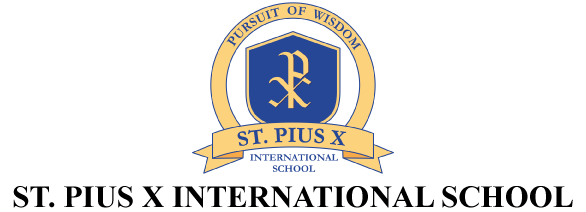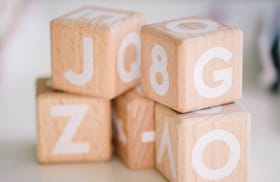
Guiding Statement
St. Pius X International School is pleased to announce the start of an exciting educational journey with us, the new ‘Cambridge Early Years Programme’ .This programme helps learners aged 3 to 6 develop the knowledge, understanding and skills they need to make the best possible start in life.
It gives centres everything they need to deliver a quality early years education: a holistic and balanced curriculum, engaging classroom resources, assessment approaches to measure learners’ progress, and professional development opportunities. Teaching and learning is play-based and child-centred, and focuses on building learners’ skills and confidence in key developmental areas.

Based on international best practices across the world
5 Key principles
Experience
Learning should complement the social and cultural factors (like experiences of home and community) that shape a child’s learning and development.
Active
Children should be involved in their own learning through well-planned experiences that help them develop competence, agency, emotional attachment, and self-worth.
Balance
Learning should encourage an appropriate balance of physical, cognitive, language and communications, and social and emotional development.
Play
Learning should be age-appropriate, play-based, and child-centered. It should include both child- and adult-led activities.
Transition
Early years education should help children transition successfully to primary school, moving from informal, play-based learning to teaching that is more formal.
Curriculum
The Cambridge Early Years curriculum offers a holistic approach that focuses on the whole child and connects their development with the world and people around them.
The curriculum provides a comprehensive set of learning statements that gives a structure for teaching and learning in three stages: EY1 (for ages 3-4), EY2 (for ages 4-5) and EY3 (for ages 5-6).
The learning statements reflect well-established developmental milestones for children’s learning from ages 3 to 6. Milestones can never be an accurate indicator of what every child can do. Each child has their own developmental pathway which is shaped by many factors, including their home background and experiences. A child’s current level of knowledge, understanding and skills always needs to be considered when planning their next steps.
The Cambridge Early Years Curriculum is a planning tool and the learning statements within it are designed to promote progression in learning from EY 1 to EY 3 and onwards into primary education. It enables development of knowledge, understanding and skills through a spiral approach: by revisiting and engaging with topics and skills at deeper levels and in different contexts across the stages.
The curriculum content is split into six subject areas:
Communication, language & literacy
Creative Expression
Mathematics
Personal, social & emotional development
Physical development
Understanding the world
Beyond the Books
The Cambridge Early Years curriculum offers a holistic approach that focuses on the whole child and connects their development with the world and people around them.
OUR ENVIRONMENT
WE ARE PROVIDING AN ENVIRONMENT FOR OUR STUDENTS TO GROW & EXCEL
An environment that is enabled for learning is one where children feel safe to explore and provide opportunities for social, emotional and personal development to take place. An enabled environment is not static; it is developed over time by responding to each child's learning journey. Capturing a picture of what children are curious to explore and learn about is essential to planning a learning environment that enables children to engage, play, explore and develop knowledge and increasing understanding, and new skills.
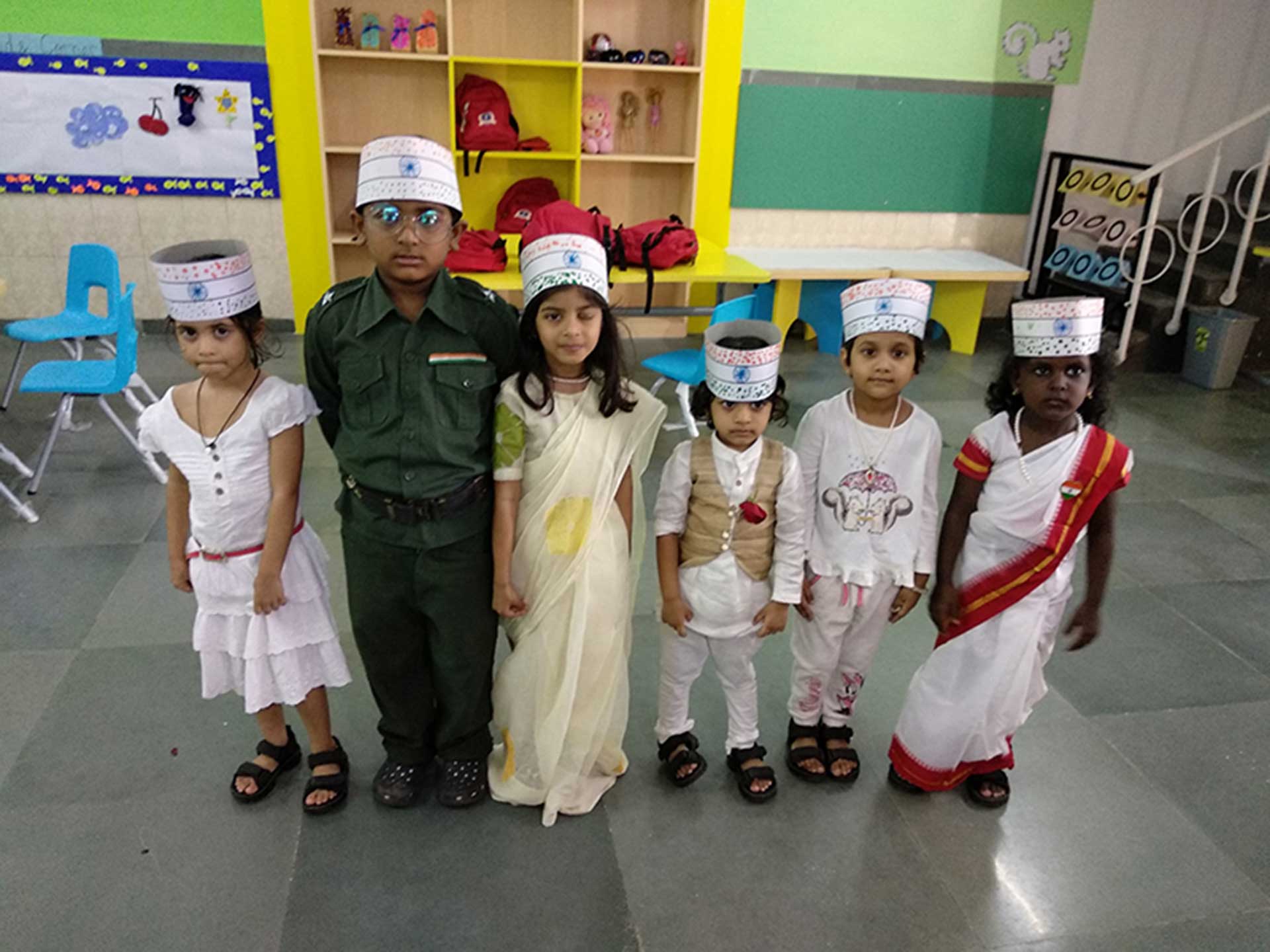

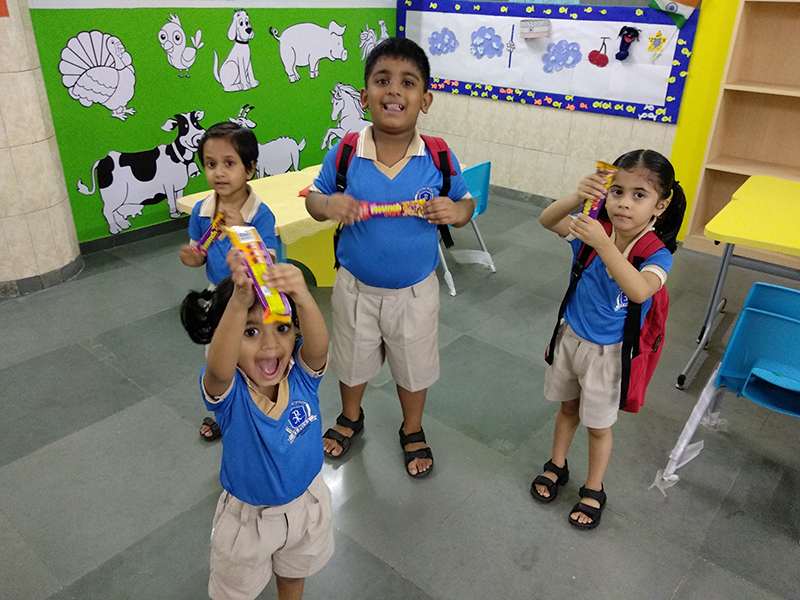
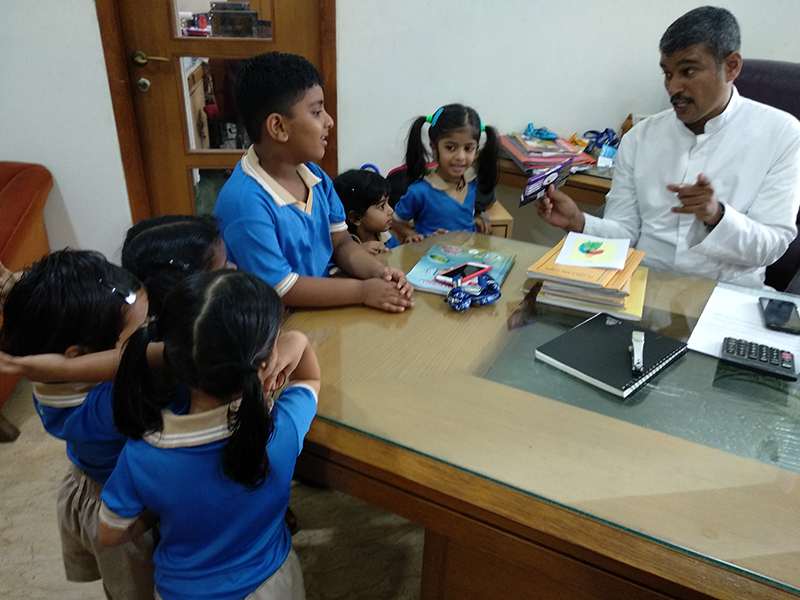
Only the BEst
We Know How to Make Learning Fun For Kids
We provide children with opportunities to engage in learning activities that have been holistically designed around the Learning Strands.
We provide children an opportunity to reflect, share and celebrate what they have learned.
Our units are based around themes that capture children's curiosity.
